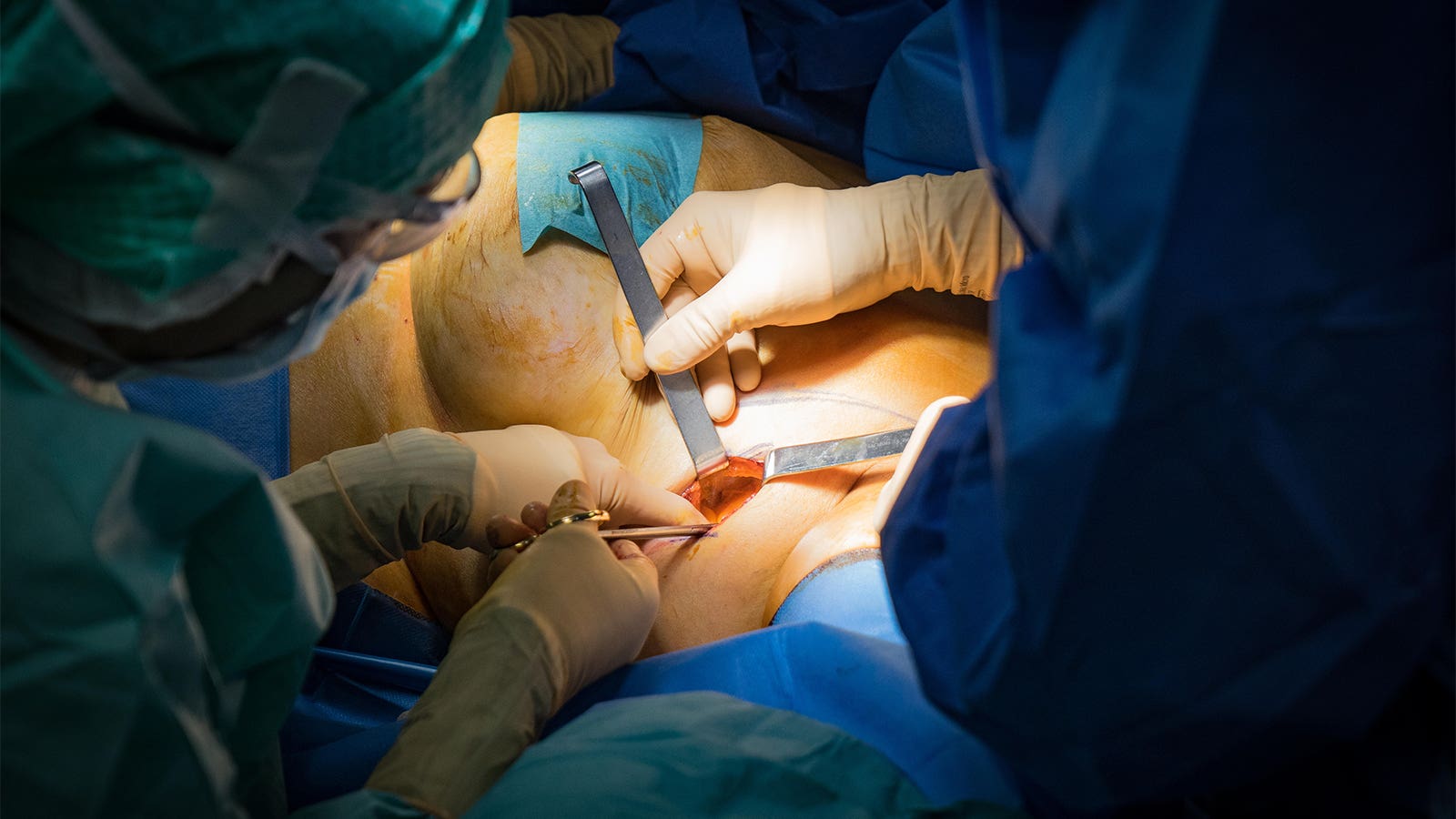Recent findings presented at the San Antonio Breast Cancer Symposium (SABCS) have reinforced the trend toward less invasive surgical approaches in early-stage breast cancer treatment. Historically, axillary lymph node dissection (ALND) was a standard procedure to assess cancer spread, but it often led to complications such as lymphedema and reduced arm mobility. Two significant trials, the SOUND and INSEMA studies, have provided compelling evidence supporting the omission of ALND in specific patient populations. The SOUND trial demonstrated that patients with early breast cancer and negative axillary ultrasounds who did not undergo sentinel lymph node biopsy (SLNB) had comparable 5-year distant disease-free survival rates to those who did, with both groups exhibiting a low axillary recurrence rate of 0.4%.
Similarly, the INSEMA trial evaluated patients with newly diagnosed, clinically node-negative stage T1-2 breast cancer, comparing outcomes between those who underwent SLNB and those who did not receive any axillary surgery. After a median follow-up of over six years, the 5-year invasive disease-free survival rates were approximately 92% in both groups. Notably, the omission of axillary surgery was associated with a reduction in lymphedema incidence (1.8% vs. 5.7%) and fewer reports of restricted arm or shoulder movement. These findings suggest that, for select patients, avoiding axillary surgery does not compromise oncological safety and significantly enhances postoperative quality of life. Click for More Details







